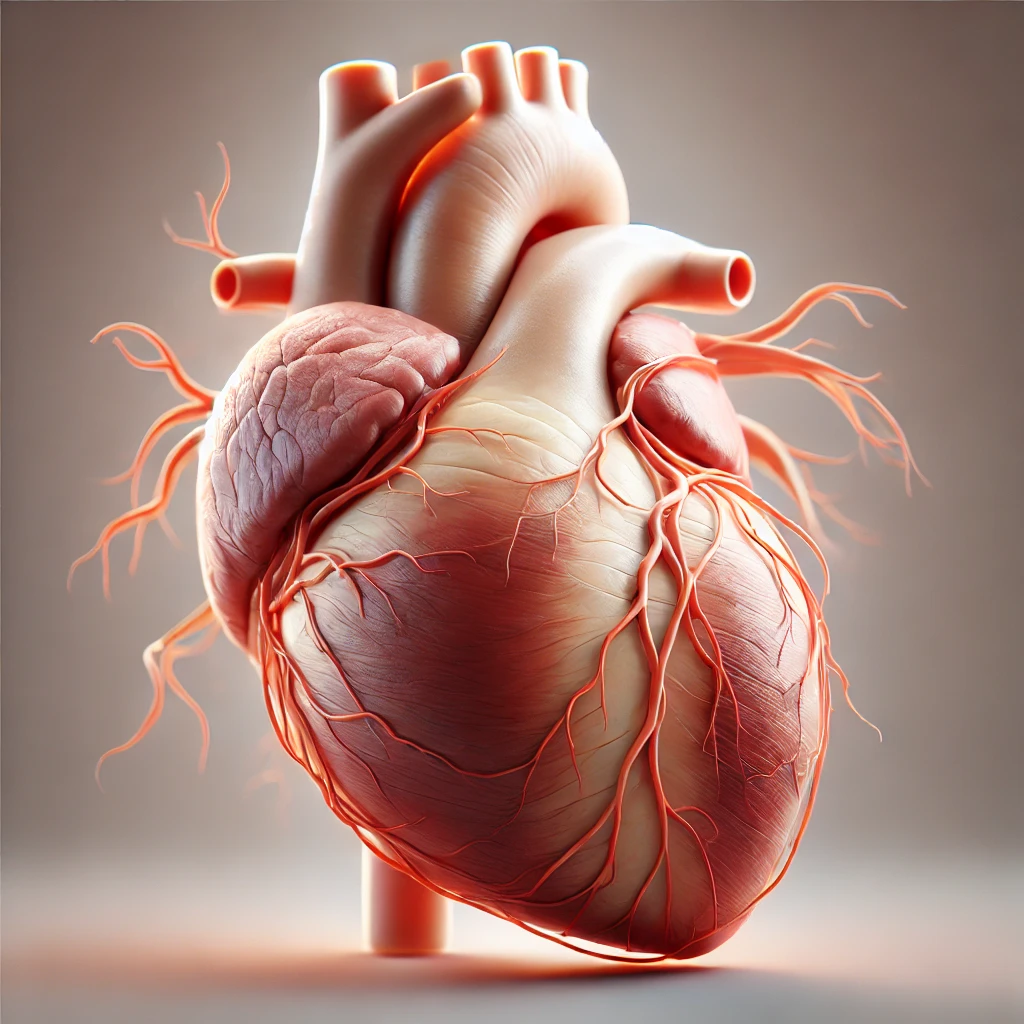The heart is an essential organ, responsible for pumping oxygen and nutrient-rich blood to various parts of your body. Unfortunately, it is also commonly affected by hypertension and several other diseases. While hypertension in particular is generally regarded as a silent killer, long-standing hypertension as well as many other heart conditions often show some warning signs. These warning signs are usually missed by many people, thus worsening the outcomes of these diseases. Today’s post highlights the early symptoms of heart disease, helping you know when to seek help. So, let’s get to it!

Chest Pain
Chest pain, or discomfort, also known angina is one of the most common early symptoms of heart disease. This pain may feel like pressure, tightness, or a burning sensation in the chest. In some cases, it may radiate to the arms, neck, jaw, or back. While angina is often triggered by physical exertion or stress, persistent or severe chest pain may indicate a heart attack and requires immediate medical intervention.
Shortness of Breath
Difficulty breathing, especially with minimal exertion or while lying down, can be an early sign of heart failure. When the heart struggles to pump blood efficiently, fluid can build up in the lungs, making it harder to breathe.
Irregular or Rapid Heartbeats
An irregular or rapid heartbeat, also known as arrhythmia, can indicate underlying heart issues. Heart palpitations—a fluttering, pounding, or racing sensation in the chest—can be a sign of atrial fibrillation or other heart conditions. While occasional palpitations may not be dangerous, frequent or prolonged irregular heartbeats requires immediate evaluation by a cardiologist.
Fatigue or Weakness
When your heart is unable to pump adequate blood to your muscles and other organs, you may feel persistent tiredness and fatigue. This unexplained fatigue, especially after routine activities, may be a warning sign of heart disease.
Dizziness or Lightheadedness
Frequent dizziness or fainting spells could indicate poor circulation, low blood pressure, or blocked arteries. If dizziness is accompanied by chest pain, shortness of breath, or nausea, seek medical attention immediately.
Swelling in the Legs, Ankles, or Feet
Fluid retention, also called edema, can occur when the heart isn’t pumping efficiently, leading to swelling in the lower limbs. This may be a sign of heart failure and should not be ignored.
Excessive Sweating
Sudden, unexplained sweating, especially cold sweats, may be an early warning sign of a heart attack. This symptom, particularly when combined with chest pain or nausea, should be taken seriously.
If you experience any of the above symptoms, particularly chest pain, shortness of breath, palpitations, or dizziness, kindly consult a doctor immediately. Remember that it is important to recognise a cardiac disease as early as possible in order initiate prompt treatment and improve outcomes. Make it a habit to check your blood pressure and go for regular checkups.
Related reading: 10 Daily Habits for a Healthier Heart
Kindly subscribe to our newsletter for more updates from us.









